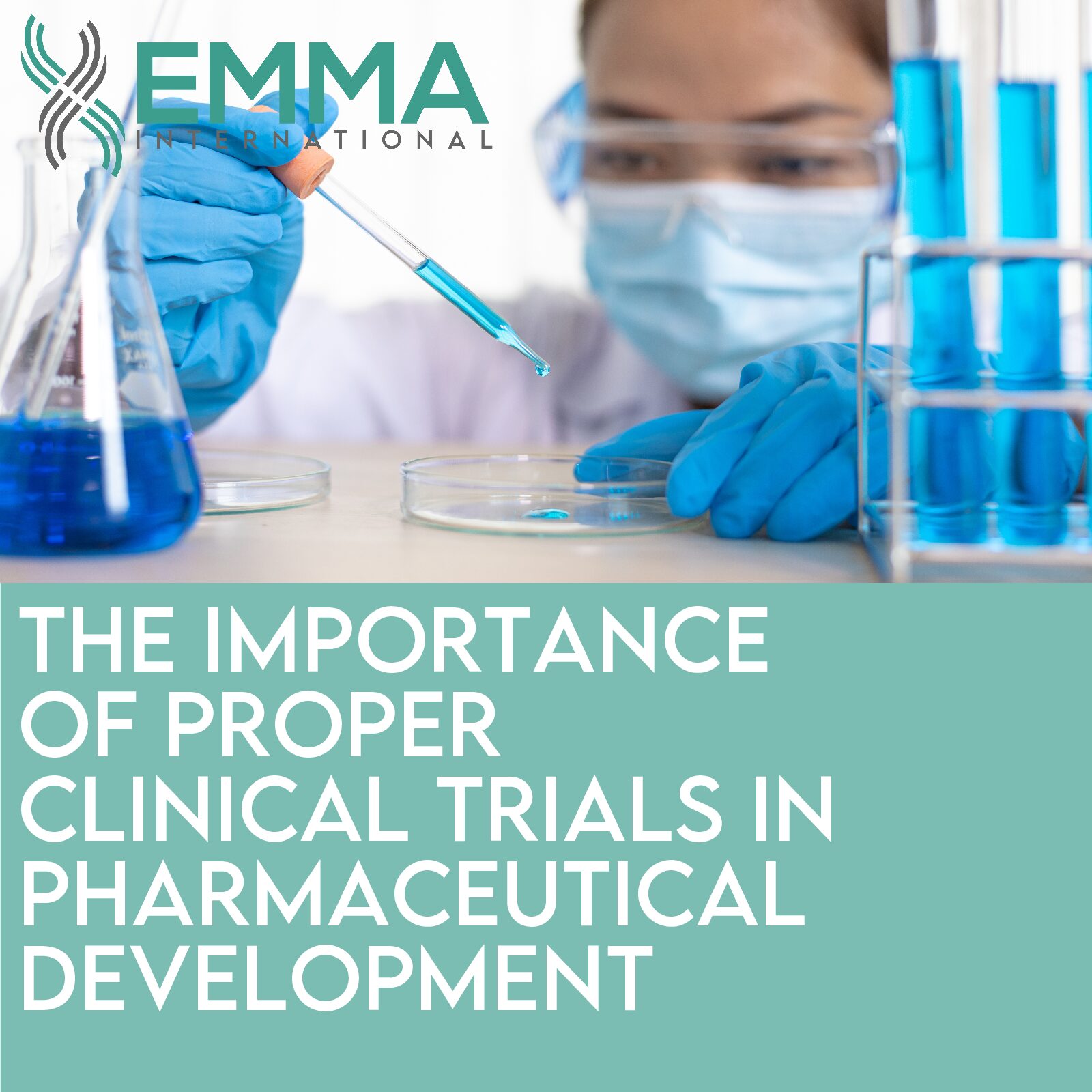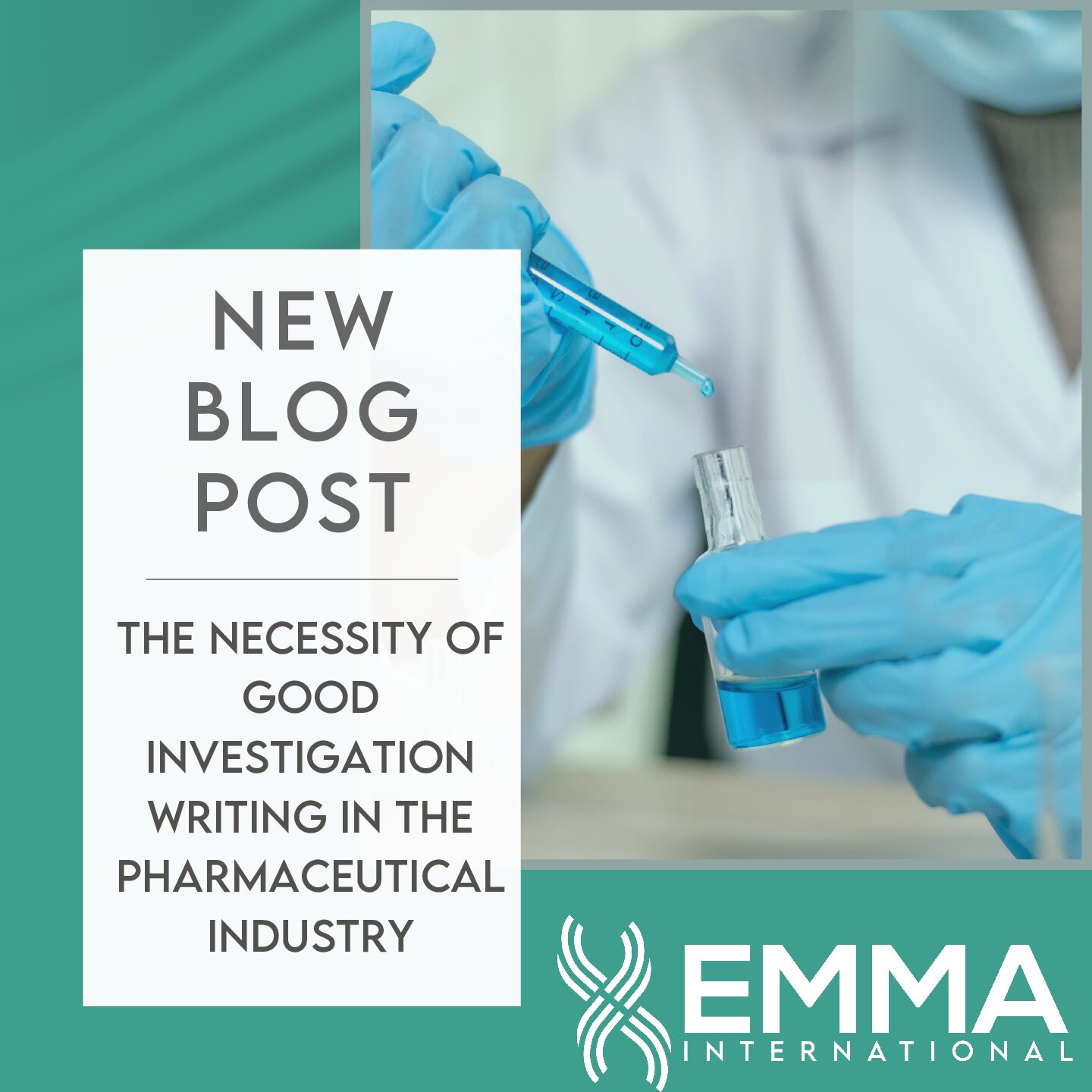The new European Union regulation for medical devices, EU MDR 2017/745, went into effect only recently and relevant parties are still working to transition from the old MDD 93/42/EEC regulation. To learn more about how the regulation is being implemented check out this blog. One important aspect of the regulation is the distinction it makes between relevant parties within the supply chain of a product, including manufacturers, distributors, importers, and authorized representatives. Now while most of the MDR applies to manufacturers, certain sections of the regulation detail the specific responsibilities each party would hold.
The EU MDR defines distributors as “any natural or legal person in the supply chain, other than the manufacturer or the importer, that makes a device available on the market, up until the point of putting it into service.”[1] The responsibilities of a distributor are rather complex and involve working directly with both the importer and the manufacturers. In some cases, they will also need to work with the authorized representative. Distributors have the responsibility of ensuring the device is compliant with the regulation.1 While all the other parties have this same responsibility, the distributor is obligated to perform checks on the devices ensuring that the other parties met their compliance responsibilities. For example, the manufacturer is responsible for the proper labeling of the device, including the placement of the CE mark, the distributor would need to check the device to ensure that the CE mark is actually on the label. It should be noted that even if the distributor were to find a problem it is not their responsibility to fix the issue but to report it to the relevant party. The distributor is responsible, however, for ensuring the nonconformant device is not placed on the market.
Distributors have a responsibility related to the transport of the devices as well. It is the distributor’s responsibility to ensure that storage and transport conditions for the device are appropriate.1 However, distributors only have this responsibility while the device is under their care,1 once the device is no longer their responsibility it is then not their duty to ensure proper storage and transport conditions.
As with other parties, a distributor is obligated to keep a record of complaints, nonconforming devices, recalls, and withdraws.1 A distributor is less likely to be the one who receives a complaint, but they are still obligated to record it and take the necessary steps as outlined in the MDR. One of those steps is to inform the other relevant parties about any new complaint, no matter how insignificant it may seem.
Transitioning to the EU MDR 2017/745 is a big challenge for many companies. Understanding the role played is key to a successful transition. EMMA International can help understand the new regulation, ensure that your company and device are compliant, and even help register a device. EMMA International provides Full Circle Consulting services, give us a call at 248-987-4497 or email us at info@emmainternational.com to get in touch with our team of experts today.
[1] EUMDR (January 2020) Distributors, Retrieved 01/16/2022 from https://eumdr.com/distributors/





